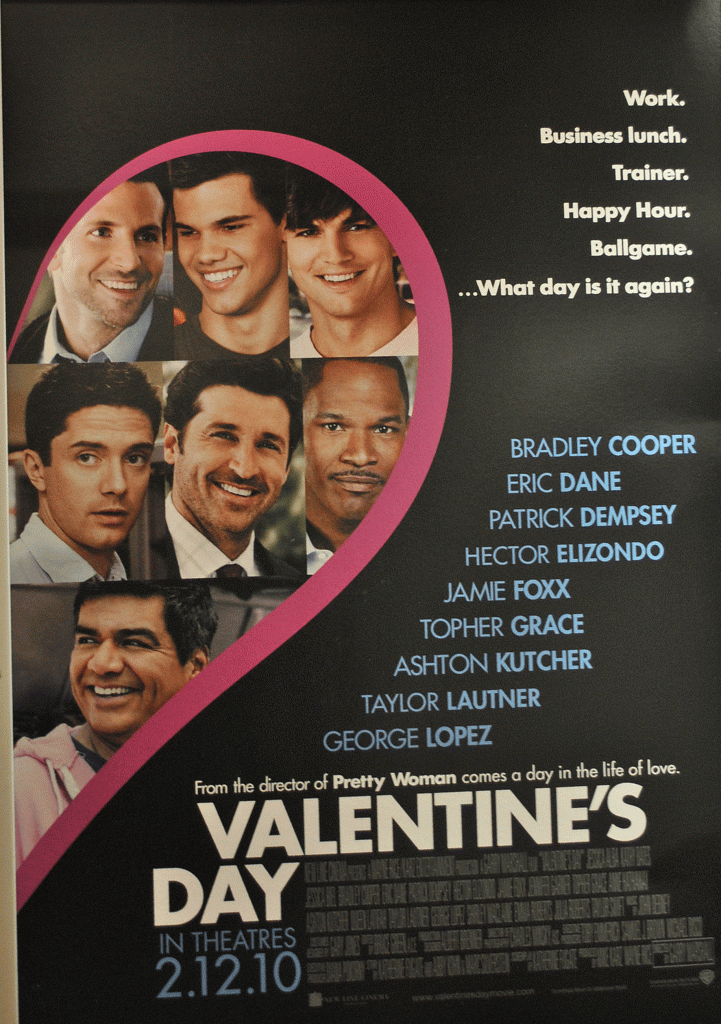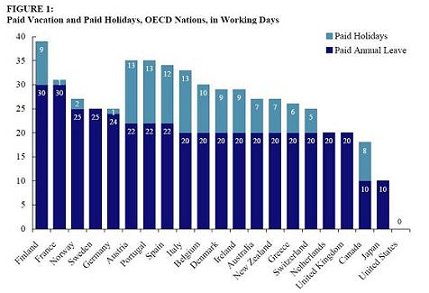Mexican Independence Day May 5th commemorates the Battle of Pueblo in which Mexico defeated the French… how better to celebrate than to animate offensive stereotypes and make fun of Spanish!
Maya sent us a link to publicity for a clothing swap schedule for May 5th called “Swappo de Mayo,” of course:
And Maddy B. sent us a screen shot from buycostumes.com. This image was featured on the front page in mid-April:
See also our post featuring “celebrations” of Martin Luther King Day.
(Thanks to Ramona, Jess, Ryan, Kristen, CS, and Jorge for the correction on the significance of the date!)
—————————
UPDATE: Several Readers who corrected my mistake have stated that it was offensive. I’m really sorry.
Gwen and I have a policy of owning our mistakes. I don’t know everything, even things that I really should know. One of the best things about this blog, for me as an author, is that I learn all the time. I don’t resent being corrected, I am grateful.
I apologize that my ignorance was offensive. My hope is that, by leaving the post up, with my ignorance laid bare, I am modeling the kind of humility that allows people to learn new ideas and accept correction from others.
Lisa Wade, PhD is an Associate Professor at Tulane University. She is the author of American Hookup, a book about college sexual culture; a textbook about gender; and a forthcoming introductory text: Terrible Magnificent Sociology. You can follow her on Twitter and Instagram.











